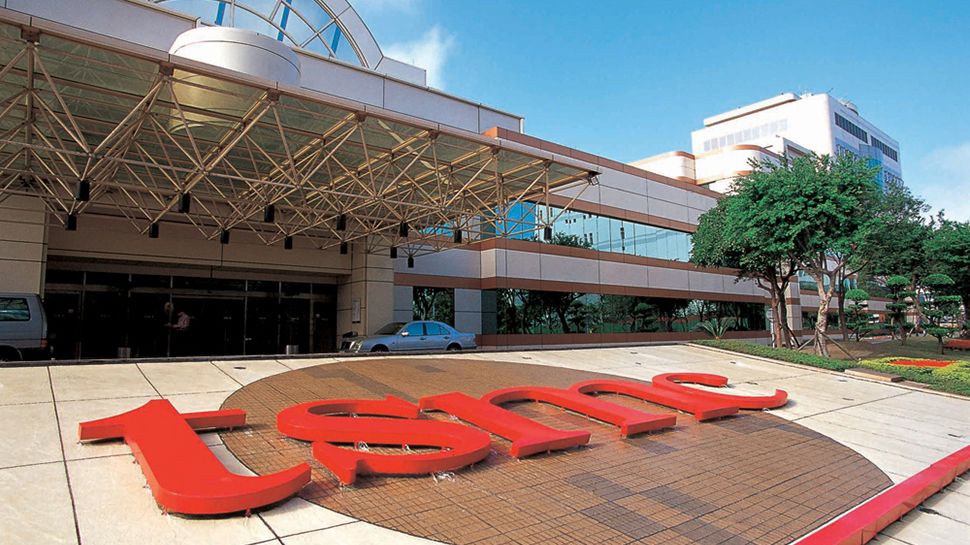
TSMC Is Reportedly Terminating Discounts and Increasing Prices
TSMC has reportedly dropped volume discounts for its largest customers.
TSMC Is Reportedly Terminating Discounts and Increasing Prices
Taiwan Semiconductor Manufacturing Co. (TSMC) has annulled volume discounts for its largest customers and raised prices amid overwhelming demands for its services, a media report claims. Other contract makers of semiconductors reportedly did the same in recent months.
As demand for personal computers, game consoles, televisions, smartphones, and other advanced electronics rises, so does demand for all kinds of chips. Leading-edge system-on-chips made using 5 nm and 7 nm process technologies designed for PCs, consoles, and handsets usually make headlines when people can't get their new graphics cards or processors. But each advanced SoC is accompanied by a power management IC, a chipset, and/or an I/O controller that are crucial for its operation and which are made using mature nodes. Without those semiconductors, it's impossible to build actual products, which is why numerous makers of various devices are complaining about general shortages of components.
TSMC's largest customers also happen to use its most advanced fabrication process, so select clients of the foundry receive discounts for the 300mm processed wafers they purchase. TSMC's discount prices fell within 3%, but the world's largest contract maker of semiconductors had decided to cease discounts starting next year, reports Taiwanese Central News Agency.
TSMC traditionally does not comment on unofficial information regarding its prices and it is unclear whether the company omits discounts for all of its customers. Furthermore, it is unclear whether the plan to abandon discounts was caused by overwhelming demand or increased pricing quotes by TSMC's rivals.
Over the past few months numerous reports emerged claiming that demand for basic chips produced on 200mm wafers outpaced supplies, which is why companies like United Microelectronics Corp. had to increase their prices. According to the Central News Agency, UMC has even confirmed hikes of its prices.
TSMC and Samsung Foundry are the only companies that can offer leading-edge production technologies, such as 5 nm, 6 nm or 7 nm. Due to high demand and lack of competition (as it is impossible to switch from one foundry to another quickly), contracts for semiconductors using advanced nodes are now a seller's market. Many fabless chip designers depend on their contractors, and are likely to feel the squeeze.
Rising prices at TSMC, UMC, and other foundries will inevitably affect prices of actual products, but it remains to be seen how significant the effect will be.
